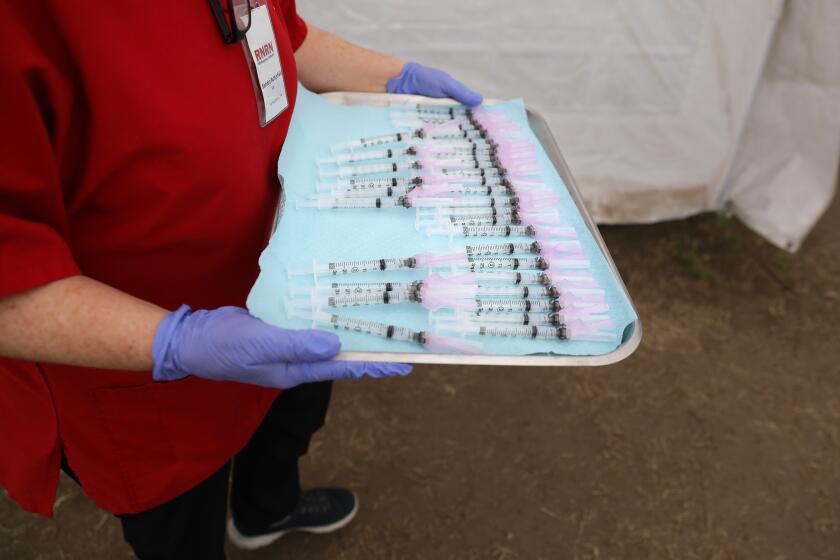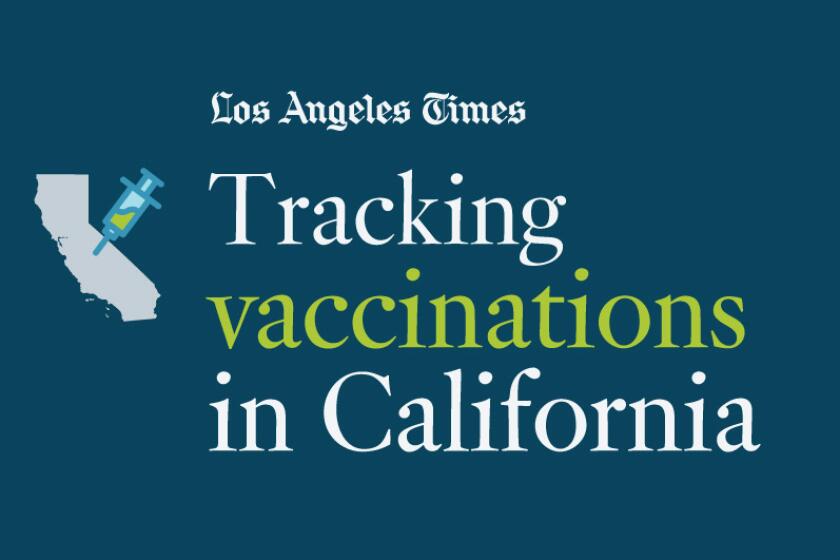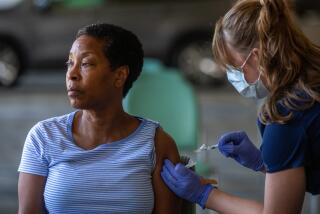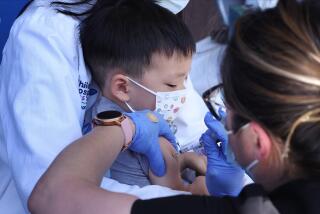California is making vaccine available to all adults: How to get it, what you need to know
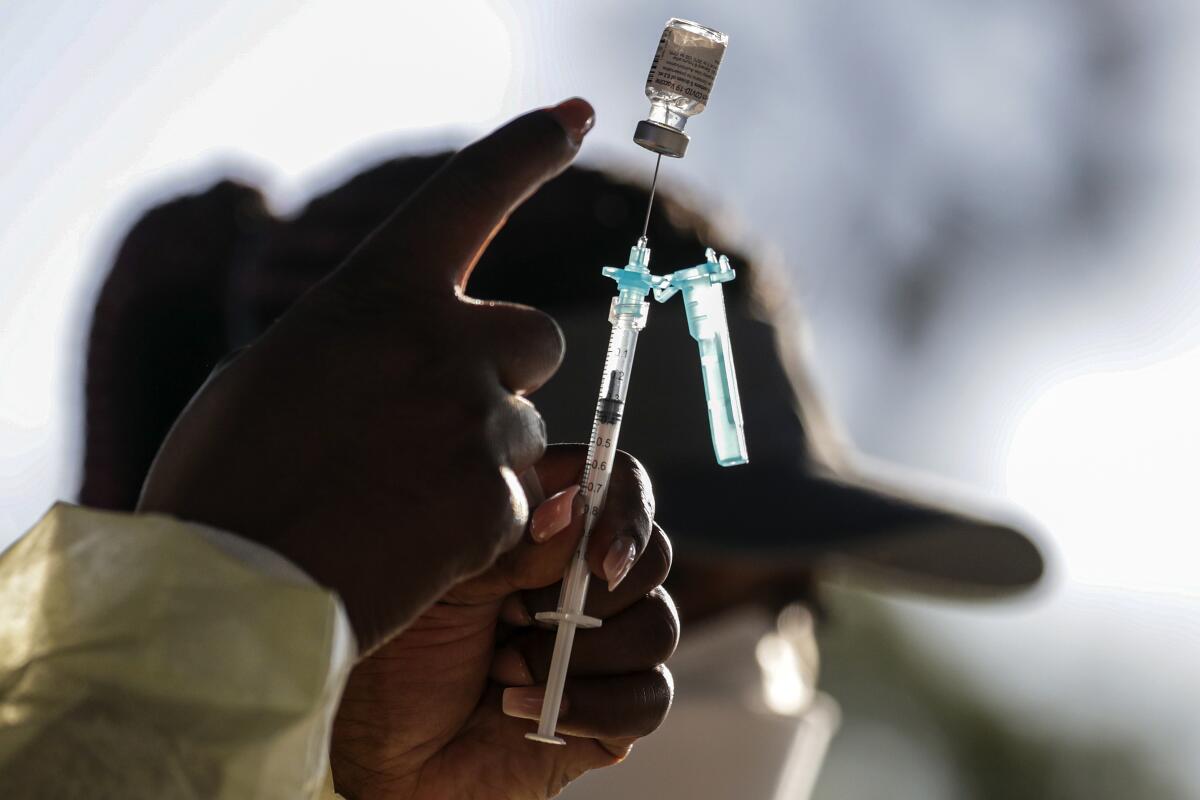
California officials announced Thursday that by mid-April, all residents 16 and older will be eligible to get the COVID-19 vaccine.
Here’s what you need to know as the state dramatically increases the number of those who qualify to get a shot:
The basics
April 1: Residents who are at least 50 years old can get vaccines.
April 15: All California residents 16 and older will be eligible.
The move brings California in line with other states in expanding eligibility. California has lagged behind other states. Alaska, West Virginia and Mississippi already are vaccinating everyone 16 and older. Georgia, Arizona and Texas are following suit this month. Everyone 50 and above is eligible in Florida and New York, and Indiana and Ohio are now vaccinating residents in their 40s.
Nearly half of all Californians are already eligible for the vaccine. That includes adults 65 and older, healthcare workers, educators, people who are incarcerated or living in homeless shelters, essential workers such as those in the food industry or emergency services, public transit workers and janitors, and residents 16 and older who have disabilities or underlying health conditions.
Officials said the state would continue to administer vaccines with a special focus on underserved communities.
California is dramatically expanding the eligibility for COVID-19 vaccines, offering the shots to virtually all residents 16 and over by April 15.
Supplies
Until now, there has been much more demand than supply. And that will continue to be a problem for the coming weeks. But officials expect to get significantly more doses soon.
State officials said the dramatic move was based on expected increases in vaccine supply.
“Based on the current estimates,” state officials said, “California expects to be allocated approximately 2.5 million first and second doses per week in the first half of April, and more than 3 million doses in the second half of April.”
California currently receives about 1.8 million doses per week. The state has the capacity to administer more than 3 million vaccines per week, and is building the capacity to administer 4 million vaccines weekly by the end of April, officials said.
President Biden said last week that restrictions on who could make a COVID-19 vaccine appointment would be lifted nationwide by May 1, as supply is expected to be sufficient to meet demand.
California has administered more than 15 million doses of vaccine.
Experts say about most Americans will need to be vaccinated to bring the coronavirus pandemic under control. Track California’s progress toward that goal.
How to get it
Options include pharmacies, health departments, your health provider or doctor, community pop-up clinics or by using the My Turn website. Details can be found:
- Online at MyTurn.ca.gov. The My Turn website is accessible to people with disabilities and in eight languages: English, Spanish, Tagalog, Vietnamese, Mandarin, Cantonese, Korean and Japanese.
- By calling the state’s COVID-19 hotline at (833) 422-4255 from 8 a.m. to 8 p.m. Monday through Friday, or 8 a.m. to 5 p.m. Saturday and Sunday.
Other information and options:
- Californians with disabilities or underlying health conditions that qualify do not need to present documentation of their condition to join the vaccination queue. Instead, all will be required to self-attest that they meet the criteria.
- Earlier this month, the state launched a volunteer page on its My Turn website that enables Californians to assist with vaccination efforts in exchange for a chance at a shot. You don’t have to be a doctor or nurse to take part in the program: Non-medical volunteers can sign up to assist with vaccine registration and administration support or as a site greeter.
- Another option is to seek out standby lists for leftover doses, which could go to waste if not administered within a certain time frame. Websites such as Dr.B are matching people to local providers, who notify them via text message when they have unused supply at the end of the day. Unused doses can become available when people cancel or fail to show up for their appointments.
More to Read
Sign up for Essential California
The most important California stories and recommendations in your inbox every morning.
You may occasionally receive promotional content from the Los Angeles Times.
